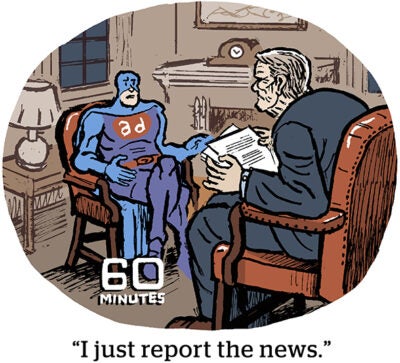 Facebook and Twitter each released new political advertising transparency tools on Thursday in preparation for the 2018 US midterm elections, as the social platforms try to forestall the malicious electoral interference they enabled during the 2016 election.
Facebook and Twitter each released new political advertising transparency tools on Thursday in preparation for the 2018 US midterm elections, as the social platforms try to forestall the malicious electoral interference they enabled during the 2016 election.
Facebook began archiving electoral and issue-based ads in May, so any ad by an active candidate or featuring content Facebook deems political – based on 20 initial issue categories, including gun control, abortion and infrastructure – must include a “paid for by” disclaimer and be cataloged in a searchable archive that also displays demographic targeting, campaign budget and impressions per ad.
New features for the transparency program include the ability to view all ad units being run by a page, not just those targeted to a user, as well as expanded information on accounts, like the date a page was created and any name changes.
Twitter debuted a similar ad transparency hub with special insights granted for political ads. Twitter’s Ads Transparency Center will show all the ads or promotions from the past week for any account, but electoral candidates’ ads will disclose billing information (essentially a business address), ad spend, impressions and demographic targeting data, wrote Bruce Falck, general manager of revenue product, in a blog post.
Twitter plans to launch another policy to address issue ads, as opposed to straightforward campaign ads run by active, federal-level candidates, Falck wrote.
The issue-based issue
Facebook’s moderation of issue ads and promoted news content rankled some publishers and advocacy groups that had campaigns identified as political and unexpectedly quashed.
“We had a choice about how broad would we paint the transparency brush and decided that the goal is transparency so we’re erring on the side of being more transparent and including more,” Facebook COO Sheryl Sandberg told reporters.
Delays are frustrating, especially for publishers unable to promote news, when they must confirm their status with Facebook, Sandberg said.
But Facebook is willing to forego immediacy to ensure its transparency program doesn’t miss content it should moderate.
Many analysts expected social media platforms to focus on candidates and avoid issue advocacy, since the Federal Election Commission only regulates ads by federal campaigns and national parties.
But that isn’t going to cut it for Facebook or Twitter.
The Russian intel operations using Facebook’s and Twitter’s media platforms during the 2016 campaigns, for instance, rarely touched on specific candidates.
Any pitfalls when content is misidentified as political are natural growing pains as social media companies change how they think about platform responsibilities, Sandberg said.















